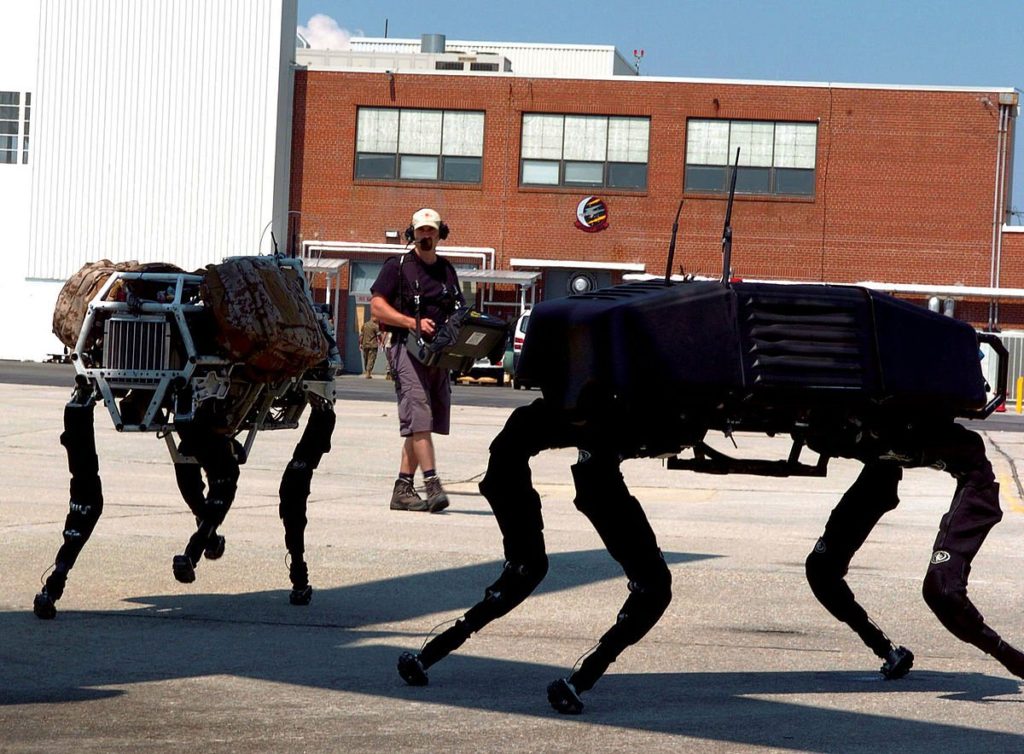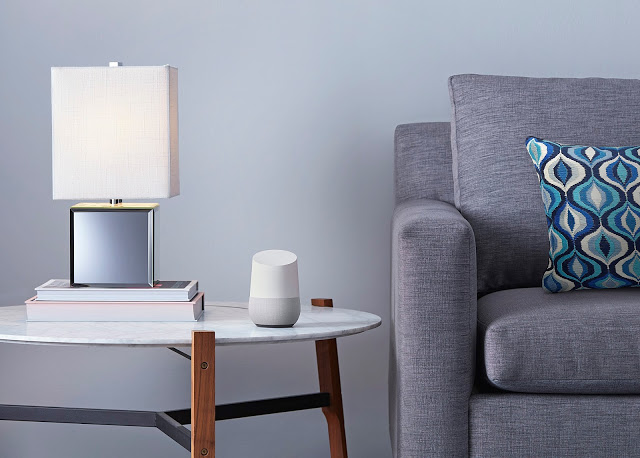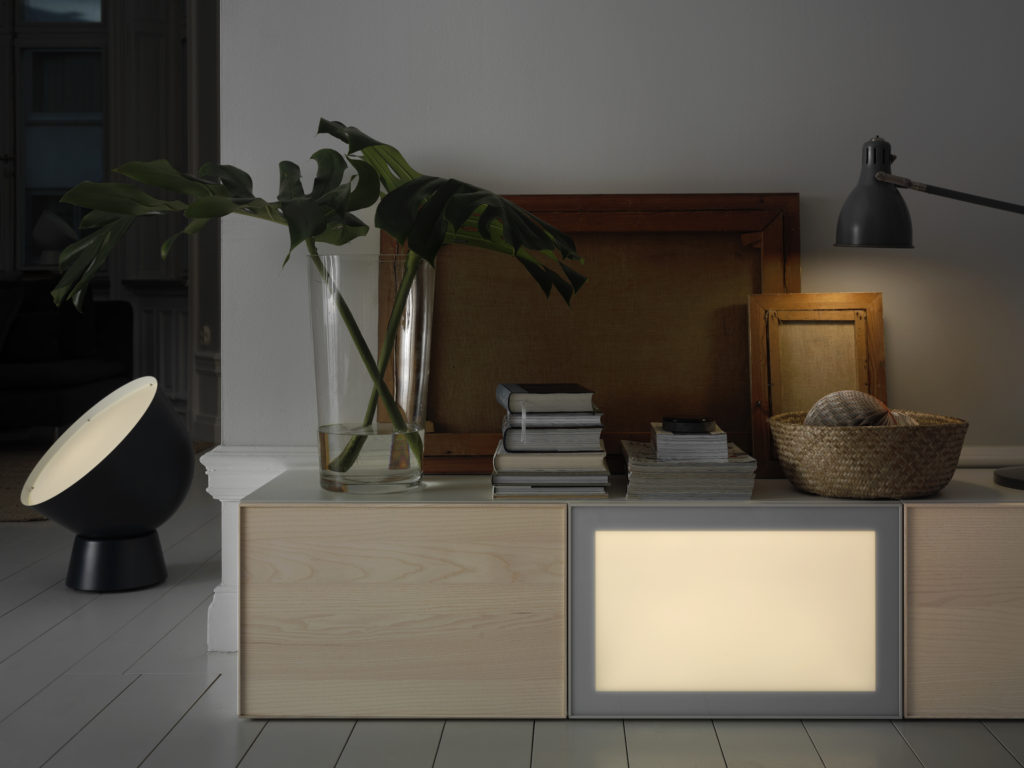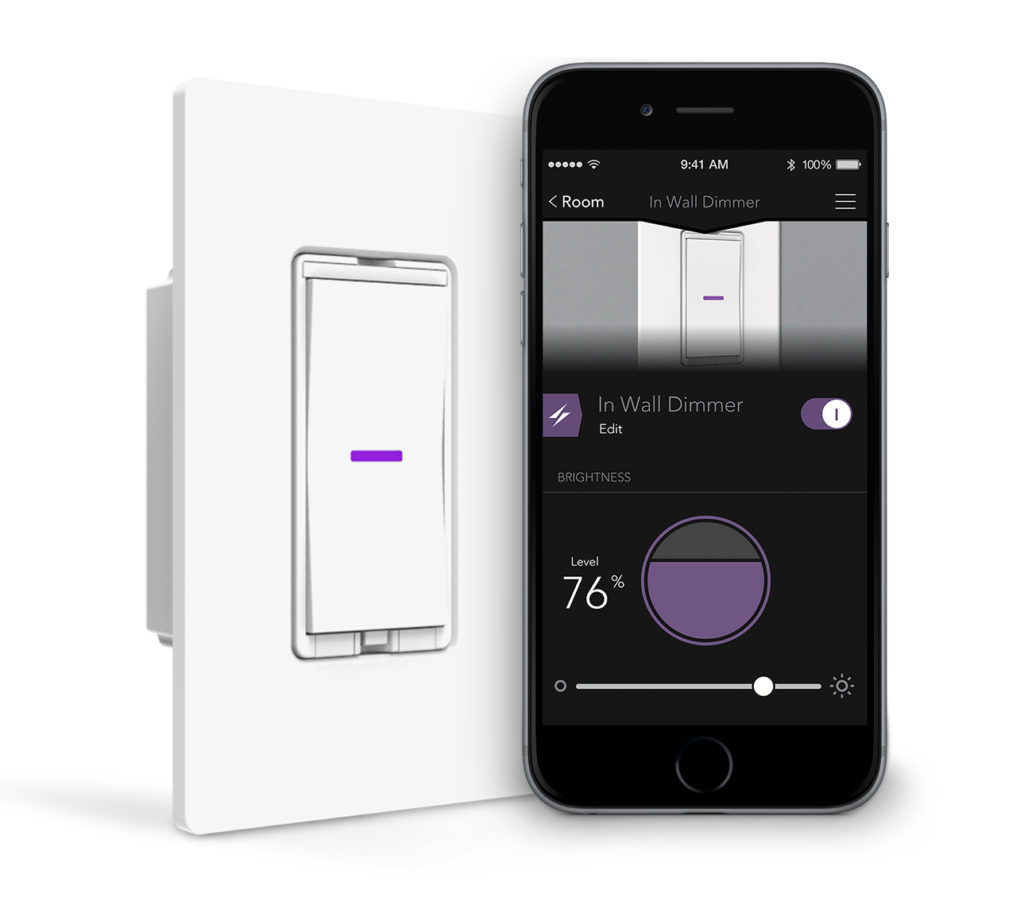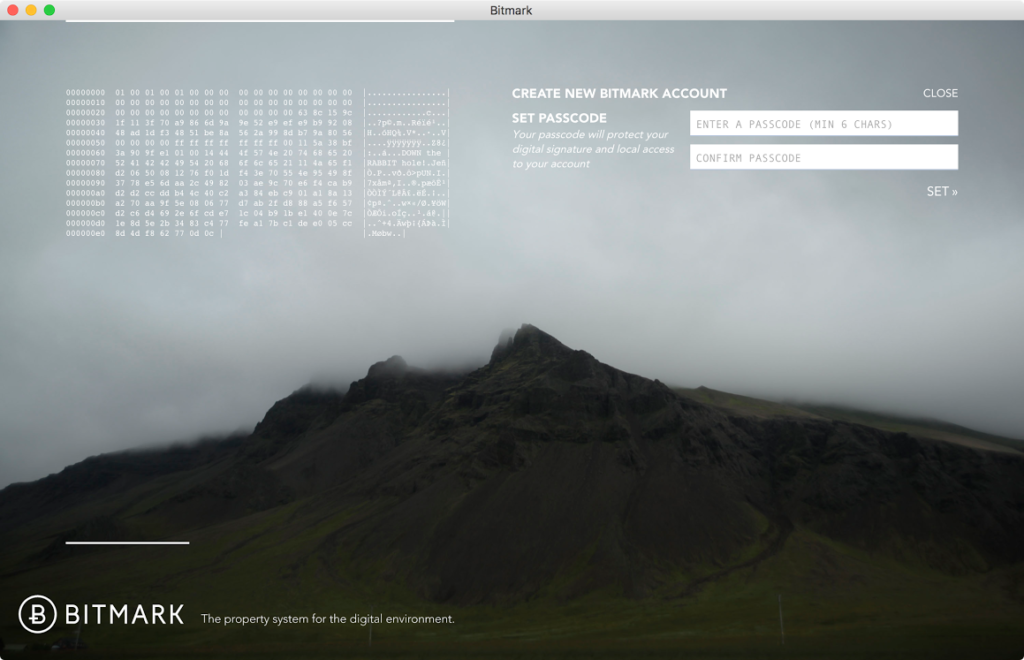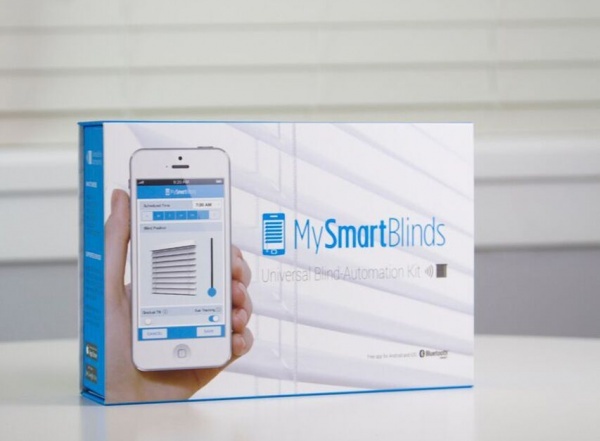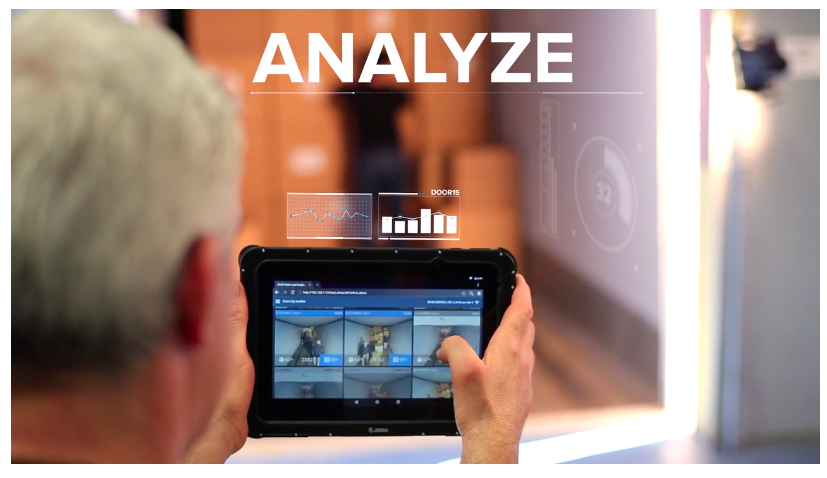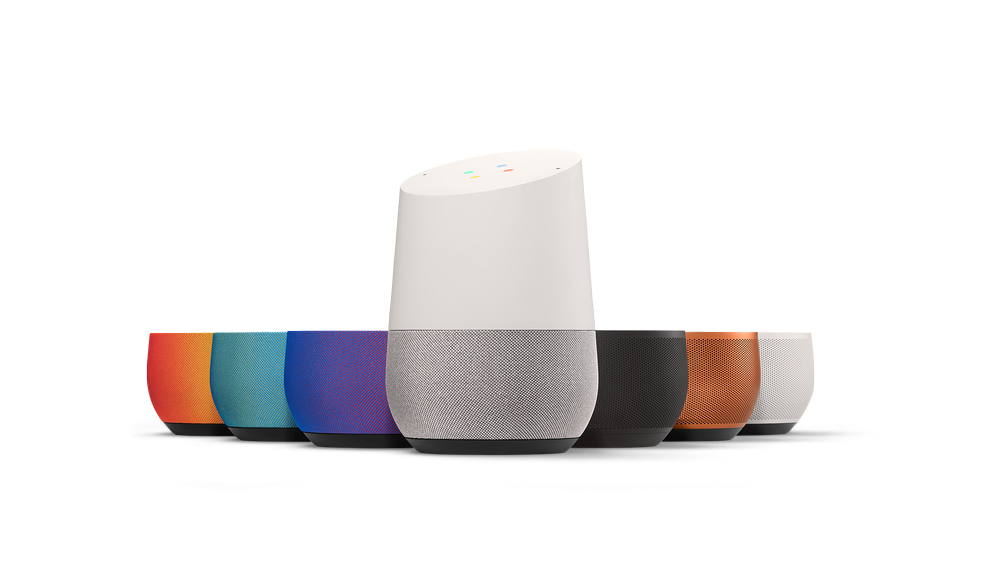Alexa has new skills thanks to the Echo Show launching this week, and the Google Home gets some fancy new code. Kevin and I discuss how to turn your Echo device into an intercom, my take on the new Eero routers and a new $100 million fund from TrendMicro for IoT security. There’s also Apple’s reported acquisition of an eye-tracking firm to discuss, since augmented reality is supposedly one way we’ll tackle the influx of information connected sensors can provide. We also talk about Petya and ponder what the ransomware threat means for IoT.
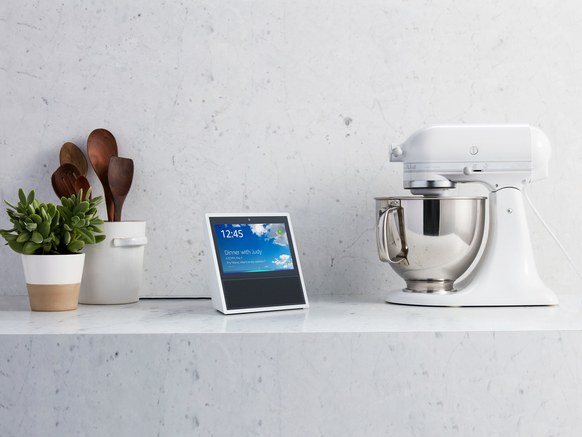
This week’s guest is Daniel Elizalde, who teaches a course at Stanford on IoT product management. Elizalde offers his advice on how to develop a connected product from the hardware all the way to the service. In our conversation, he shares common mistakes, does a deep dive on risk management as part of our security discussion and provides a framework for companies trying to “add some IoT” to their business. It’s a helpful listen.
Hosts: Stacey Higginbotham and Kevin Tofel
Guest: Daniel Elizalde of Tech Product Management
Sponsors: TE Connectivity and Affiliated Monitoring
- Drop in on your Echo-owning friends with Alexa’s new talent
- What if an IoT company like Wink or Nest gets hit by ransomware?
- Stacey reviews the new Eero routers
- In IoT, security is essentially risk management
- The biggest product mistakes a company can make
Podcast: Play in new window | Download | Embed
Subscribe: RSS

